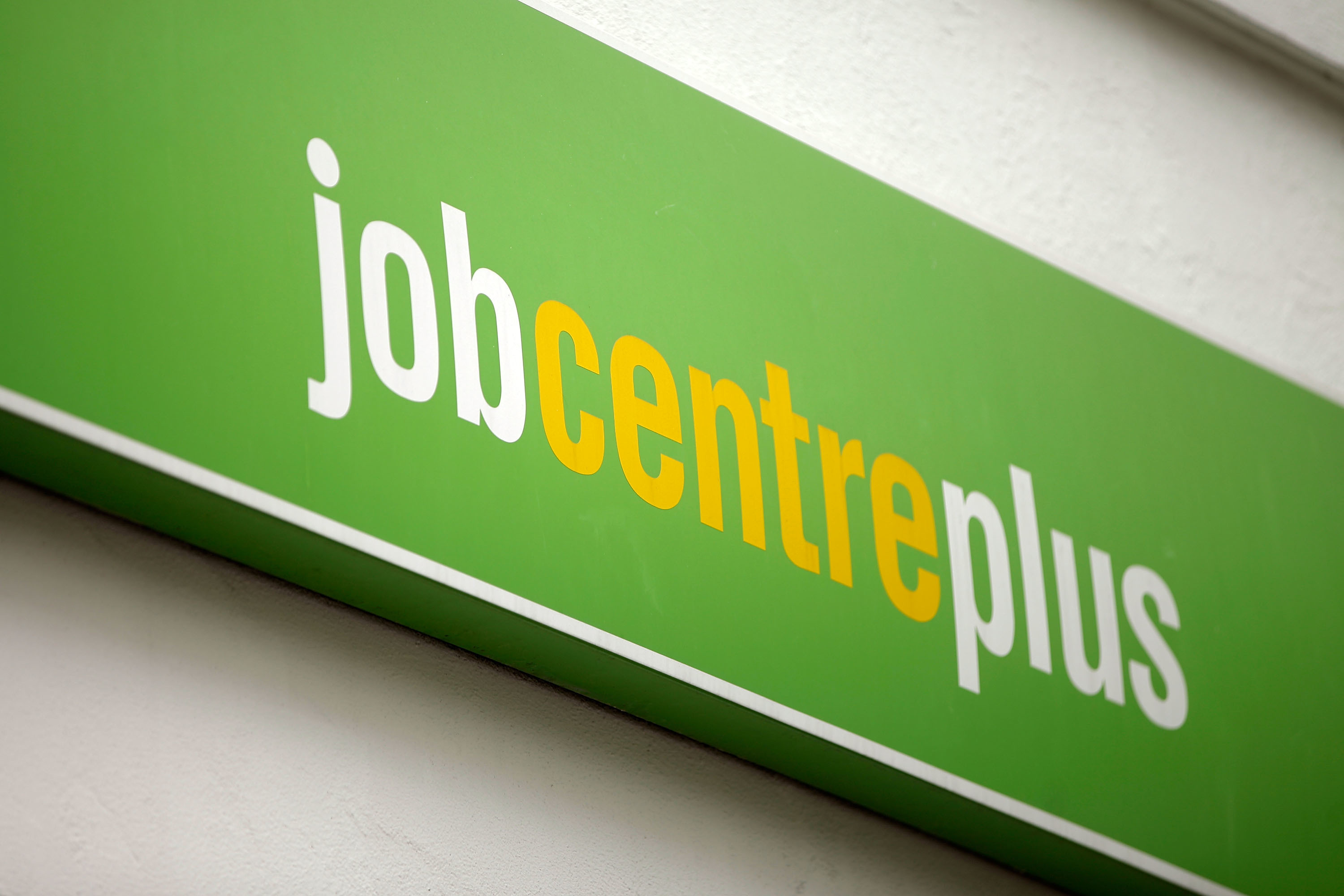The Brexit vote has hit Scotland’s labour market, with the steepest drop in permanent job placements since 2009, according to a survey covering July.
The country’s recruitment consultancies recorded the most marked decline for seven years in the number of people being given permanent positions – with around 37% of participants reporting a drop.
The monthly jobs report from the Recruitment and Employment Confederation (REC), which surveyed 100 consultants, found the fall in permanent appointments contrasted with a modest rise in temporary placements.
REC chief executive Kevin Green said the figures reflect the “dramatic freefall” seen in the UK labour market during July, citing economic turbulence caused by the June vote to leave the European Union as the “root cause”.
The survey also found permanent salaries showed the slowest increase for almost three years in July, with the rate of inflation down for a second successive month.
There was a similar pattern in hourly rates of pay for temporary staff, growth in which, having hit a survey-record high in April, slowed to near stagnation at the start of the third quarter.
Permanent candidate availability continued to deteriorate across Scotland during July. However, the availability of candidates for temporary vacancies increased for the second month running and the greatest extent since February 2012.
Mr Green said: “The UK jobs market suffered a dramatic freefall in July, with permanent hiring dropping to levels not seen since the recession of 2009.
“Demand for staff remains strong with vacancies continuing to rise, but the sharp fall in placements suggests that businesses are highly cautious about committing to new hires.
“Economic turbulence following the vote to leave the EU is undoubtedly the root cause.
“The record-high employment rate and ongoing skill shortages have made it difficult for employers to find suitable candidates for the roles available in the past, and this remains the case.
“We’re now seeing the added problem of individuals deciding to stay put rather than change jobs in the current environment.
“While there are worrying signs, it’s important we don’t jump to conclusions from one month’s data.
“The truth is we don’t know what long-term consequences the referendum result will have on UK jobs; with the political situation becoming more stable and the Bank of England making sensible decisions, we may well see confidence return to the jobs market more quickly than anticipated.”










